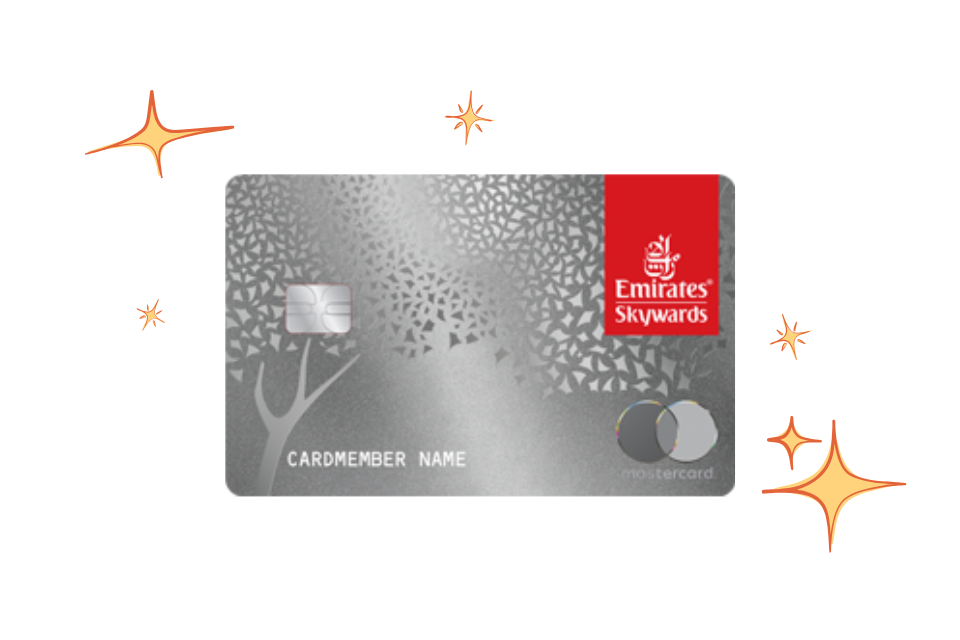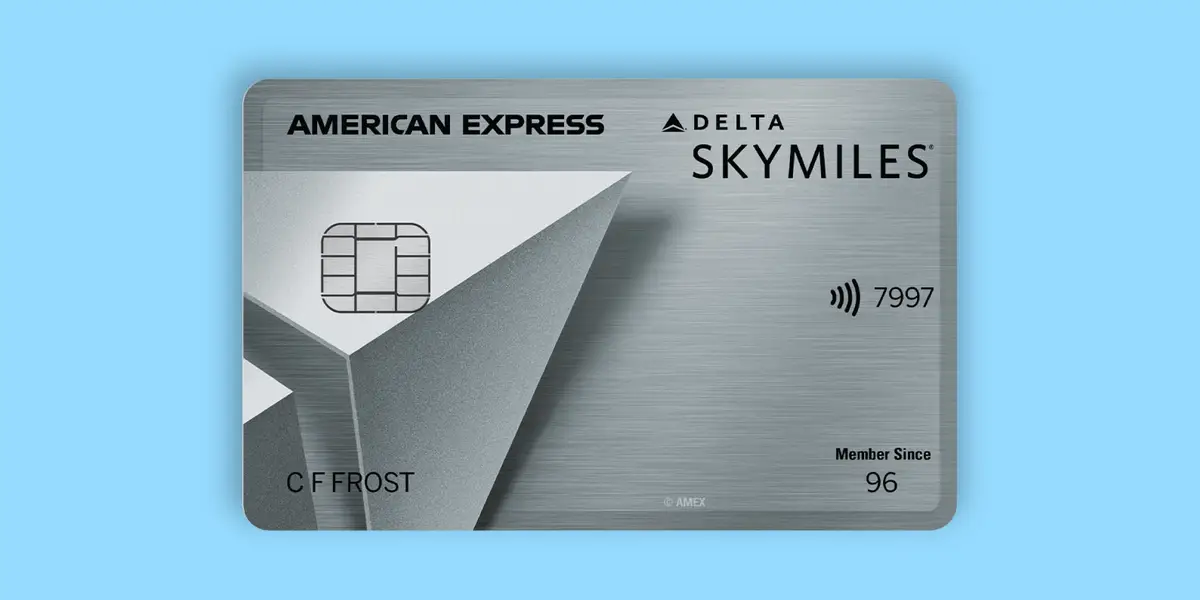How Credit Cards Can Help in Managing Financial Emergencies

Understanding the Benefits of Credit Cards in Financial Emergencies
With an unpredictable economy and rising living costs, many individuals find themselves facing financial hurdles unexpectedly. In such instances, the importance of having a financial safety net cannot be overstated. Among the most adaptable and beneficial resources available is a credit card. While it is often viewed as a convenient method for everyday transactions, it can also serve as a crucial support system during times of financial urgency.
Consider the profound impact of credit cards during various emergencies:
- Medical Expenses: Health crises can emerge suddenly, leading to substantial medical bills that catch many off guard. For instance, if someone experiences a sudden health issue requiring an emergency room visit and extensive treatment, a credit card can provide immediate financial assistance. This allows individuals to focus on recovery rather than the overwhelming stress of financial instability, as they can pay off the charges over time rather than depleting their savings immediately.
- Car Repairs: Our vehicles are essential for daily commutes and emergencies alike. Whether it’s a flat tire, a broken transmission, or unforeseen engine problems, these issues can arise without warning. A credit card can quickly cover unexpected repair costs, ensuring that you can maintain mobility and not feel stranded awaiting sufficient funds. This is particularly vital for those who rely heavily on their cars for work or family obligations.
- Travel Emergencies: Traveling, while often enjoyable, can give rise to financial strain due to cancellations, unexpected changes, or emergencies. Picture this: your flight is abruptly canceled due to weather conditions, and you need a last-minute hotel stay. A credit card can facilitate these expenses, allowing you to adapt quickly without putting a strain on your budget. Moreover, many credit cards offer travel benefits such as insurance, which can provide peace of mind during unpredictable travel scenarios.
The key to maximizing the benefits of credit cards lies in understanding their features and managing them effectively. This includes being mindful of interest rates, which can significantly increase the cost of debt if balances are not paid promptly, as well as being aware of repayment terms and spending limits. Being well-versed in these aspects empowers you to utilize credit cards not just as simple instruments of borrowing but as integral parts of your overall financial strategy.
Navigating Financial Strains with Confidence
In this article, we will explore the intricacies of using credit cards wisely to help you navigate the rocky terrain of financial emergencies. From learning effective strategies for utilizing your credit limit to grasping the long-term consequences of accruing debt, this knowledge can act as a fortification for your financial future. Whether you are a seasoned credit card user or just embarking on this financial journey, the insights you gain here can help pave the way toward greater financial resilience.
DISCOVER MORE: Click here for free courses
Leveraging Credit Cards for Quick Financial Relief
Credit cards can be a viable solution in a tight financial situation, offering immediate access to funds and several features that can prove beneficial during emergencies. The ideal application of credit cards requires not just access but a strategic approach that maximizes their advantages while minimizing potential pitfalls. Here, we delve into the various features of credit cards that empower users to respond effectively to financial emergencies.
One of the most significant advantages of credit cards is their flexibility in funding. When confronted with an urgent bill, such as a medical emergency or an unexpected home repair, credit cards allow users to cover these expenses quickly without the delay of personal loans or cash withdrawals. For instance, consider the scenario of needing a new roof after a sudden weather event. The costs can skyrocket into thousands of dollars, making immediate payment crucial. Using credit can provide the instant liquidity required, allowing homeowners to act swiftly and not delay essential repairs that could worsen over time.
Moreover, credit cards often come with reward programs and cash back offers, which can be utilized strategically during emergencies. For instance, many credit cards provide 1% to 5% cash back on certain purchases. By leveraging these rewards, cardholders can offset some emergency costs. Imagine dealing with a significant automotive repair bill—using a card that offers a 5% cash back can reduce the overall burden, allowing some financial breathing room.
Insurance Benefits and Protections
In addition to immediate financial access, credit cards often provide various insurance benefits that can further cushion the impact of financial emergencies. Many credit cards include travel insurance, rental car coverage, and even purchase protection. For example, if you were to face a travel emergency leading to flight cancellations, holding a card with travel insurance could reimburse you for expenses that arise due to these unexpected changes. Additionally, if a new appliance fails soon after purchase, purchase protection can assist in covering repair or replacement costs.
Moreover, having a credit card means you can access 0% introductory balance transfer offers. This feature allows cardholders to transfer existing debts onto a new card with no interest for a specified period. Such offers can be a strategic way to manage existing debt while tackling new financial emergencies. By avoiding high-interest rates in the crucial weeks or months following an emergency, individuals can regain control over their financial situations without the burden of accruing interest on top of their existing debts.
While credit cards are undeniably powerful tools in managing financial emergencies, the key remains in understanding the nuances associated with their use. Users must be aware of their spending capabilities, manage their repayment plans diligently, and leverage features like rewards and insurances to mitigate their situations effectively. With careful planning, credit cards can transform from a potential pitfall into a valuable ally during financial crises, creating pathways toward resilience and recovery.
DIVE DEEPER: Click here for the full details
Smart Budgeting with Credit Cards
In addition to providing immediate access to funds and various benefits, credit cards can also play a critical role in smart budgeting during financial emergencies. Utilizing a credit card wisely can allow individuals to have a detailed understanding of their spending habits, enabling them to manage their finances more effectively. Most credit card companies offer account management tools and apps that provide real-time spending insights, categorizing expenses and highlighting trends. This can be particularly useful during a financial crisis, as users can track their expenditures and identify areas where they can cut back to allocate funds toward urgent needs.
Another aspect to consider is the grace period that many credit cards offer. Most cards provide a grace period—typically around 21 to 25 days—where buyers can pay off their balances without incurring interest. This feature can be strategically leveraged to pay for unexpected expenses while delaying payment until the next paycheck arrives. By using this window effectively, individuals can mitigate financial strain while remaining proactive about repayment.
Emergency Fund Alternatives
While many financial advisors recommend having an emergency fund covering three to six months’ worth of expenses, not everyone is able to build or maintain such a fund. Here, credit cards can serve as an alternative emergency fund, although it is crucial to employ them judiciously. In situations where immediate cash is crucial and personal funds fall short, credit cards can provide a stopgap measure. According to a study conducted by the Federal Reserve, around 40% of Americans would struggle to cover an unexpected expense of $400. For these individuals, a credit card can be a lifeline. However, it is important to regard this option as a temporary solution rather than an ongoing strategy to replace savings.
Certain cards offer cash advances as a feature, allowing users to withdraw cash directly from their credit lines. While this can be beneficial in an emergency, it’s important to be mindful of fees and high-interest rates associated with cash advances. Typically, these can be significantly higher than regular purchase rates, so navigating this feature requires careful consideration and a plan to pay off the borrowed amount swiftly.
The Importance of Credit Scores
Another factor to keep in mind is how credit cards influence credit scores. During a financial emergency, one may need to consider additional financing options such as personal loans. Having a good credit score can enhance access to favorable loan terms, allowing for easier management of sudden expenses. By using credit responsibly—making timely payments, keeping credit utilization low, and diversifying types of credit—individuals can maintain or even improve their credit scores. This, in turn, can provide better financial resilience in future emergencies.
With a clear understanding of how to use credit cards wisely, individuals can navigate the intricacies of financial emergencies with greater confidence. Balance management, strategic use of available credit, and awareness of their credit status can help individuals not only survive but thrive during challenging financial times. By approaching credit cards as essential financial tools rather than merely means for consumption, users can unlock their full potential in managing unforseen financial challenges.
LEARN MORE: Click here for insights on how to check values and withdraw</p
Conclusion
In a world where financial emergencies can strike unexpectedly, credit cards emerge as vital instruments for navigating challenging times. They offer a quick and accessible source of funds, enabling individuals to address urgent expenses without immediately dipping into savings or sacrificing their financial stability. The strategic use of credit cards not only ensures immediate support but also facilitates smart budgeting, allowing users to gain insights into their spending habits and make informed decisions during trying moments.
Moreover, while many financial experts advocate for the establishment of an emergency fund, credit cards can provide a viable alternative for those unable to build substantial savings. They serve as a lifeline for the 40% of Americans who find themselves unprepared for unexpected expenses of $400. By utilizing features like the grace period for timely repayments, individuals can effectively mitigate the impact of these surprises while maintaining financial responsibility.
Additionally, credit scores play a crucial role in the overall management of finances, especially in emergencies where additional financing may be necessary. By utilizing credit cards wisely—keeping balances low, and making timely payments—individuals can enhance their creditworthiness, ultimately granting them access to better financing options in the future. As such, credit cards are not merely tools for debt accumulation; when approached with awareness and strategy, they can significantly enhance financial resilience.
In conclusion, credit cards can indeed be a double-edged sword. Used wisely, they hold the potential to turn financial crises into manageable situations. By understanding their inherent features and the importance of credit scores, individuals can harness the power of credit cards to create a more secure financial future. So embrace this knowledge and prepare to face unexpected financial hurdles with confidence and savvy.



